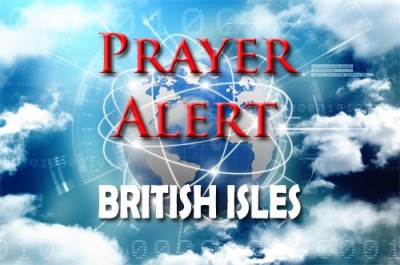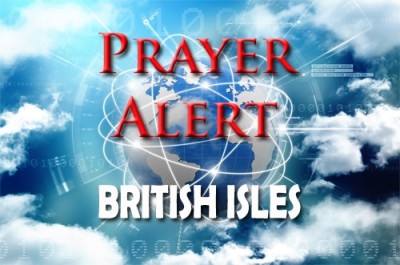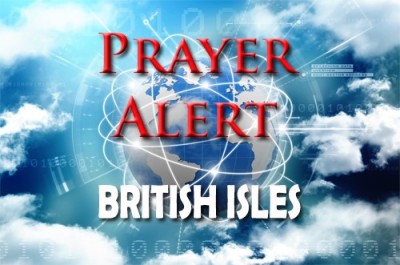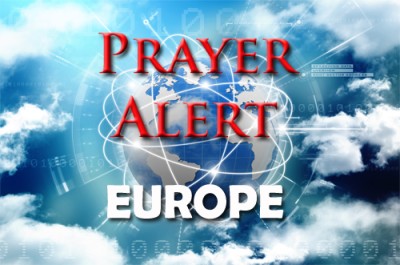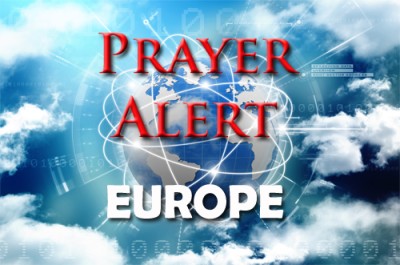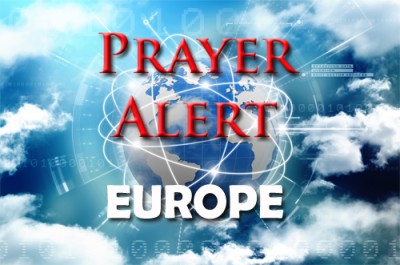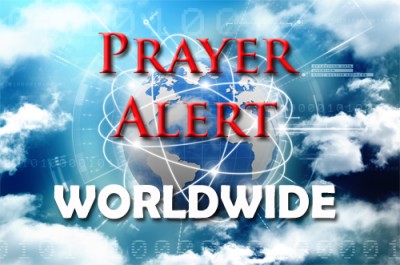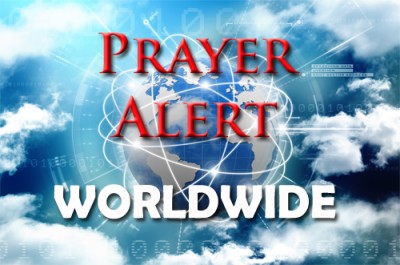A 14-year-old boy has been arrested after fireworks were fired at firefighters and police officers attending a blaze at Knowsley Heights, near Liverpool. Emergency services were called shortly before 7pm after reports of fireworks being directed at the high-rise building. Fire crews quickly extinguished a blaze on a third-floor balcony, but during the operation fireworks were launched towards emergency workers. A female police officer suffered a minor leg injury, and a teenager was also treated for firework burns. Merseyside Police confirmed the boy was arrested on suspicion of arson with intent to endanger life. Chief inspector Kevin Chatterton condemned the 'disgraceful' attack, saying it was only by sheer good fortune that no one was seriously injured. Knowsley Council leader Graham Morgan praised the professionalism of emergency services and vowed to hold those responsible to account. The fire service urged the public to respect first responders, warning that violence against them will not be tolerated.
Keir Starmer has unveiled multi-million-pound clean energy investment deals as he heads to the COP30 climate summit in Brazil. The agreements, worth over £115 million, include £15 million for a new operations centre at the Port of East Anglia, £100 million for Belfast Harbour to deliver two Irish Sea wind farms, and Statera Energy’s plans for a major battery site in Greater Manchester. Downing Street says the projects will create more than 600 skilled jobs, describing them as 'national renewal in action’. Starmer said the UK will continue leading on climate action, promising to champion future generations and working people alike. Energy secretary Ed Miliband called clean power 'the engine of Britain’s economic renewal’. Yet critics question Labour’s ability to meet its net zero goals after scaling back international commitments, including rainforest protection funds. Conservative and Reform UK leaders argue that net zero targets are unrealistic and harmful to UK industry. See also the world article about the Earthshot Prize winners.
The Church of England’s eight-year-long Living in Love and Faith (LLF) process, aimed at reaching unity on same-sex relationships, has drawn fierce criticism from across the spectrum following new decisions by the House of Bishops. The bishops agreed to further synodical discussions on formal blessings for same-sex couples and on whether clergy may enter same-sex marriages. Critics say the Church is more divided than ever. Rev Joshua Penduck called the process 'needlessly painful,' leaving both conservatives and LGBTQ+ believers 'weary and vulnerable’. The deans of Canterbury and Southwark expressed deep disappointment; David Monteith said he feels 'marginal and uncatered for’, and Mark Oakley confessed, 'In thirty years of ministry, I haven’t recognised myself in these debates’. Bishop Martyn Snow, who previously led LLF, acknowledged mistakes but defended the process as an effort to model love amid disagreement. He urged the Church to rediscover grace and humility in navigating these deep divisions.
Vladimir Putin’s announcement that Russia may resume nuclear testing marks one of the most dangerous escalations in global security since the Cold War. He has instructed senior military and intelligence officials to prepare proposals for possible tests at the Novaya Zemlya site in the Arctic - where the Soviet Union in the past had detonated more than 200 nuclear devices, but none since 1990. The move follows Donald Trump’s declaration that the USA would restart its own nuclear tests, for the first time since 1992. Both leaders’ actions revive fears of an uncontrolled arms race, just as the last major nuclear treaty between Washington and Moscow nears expiry. Analysts warn that renewed testing could shatter global non-proliferation norms and invite imitation from other states.
Netherlands: winners and losers after election
06 Nov 2025The Netherlands’ latest election has upended expectations, signalling both renewal and deep division in Dutch politics. After two years of turmoil and paralysis, centrist liberal party D66, led by 38-year-old Rob Jetten, surged to an unprecedented victory, capturing 26 seats and dethroning the far-right PVV of Geert Wilders. Jetten’s optimistic, reform-minded campaign, focused on housing, education, and stability, resonated with voters weary of scandal and polarisation. Meanwhile, Christian Democrat leader Henri Bontenbal’s call for ‘decent politics’ also struck a chord, reviving his party’s fortunes. The left, however, suffered a major setback: Frans Timmermans’ GreenLeft-Labour alliance fell short, prompting his resignation. Though Wilders’ PVV lost eleven seats, he remains a potent opposition voice, vowing to continue disrupting from the sidelines. Coalition-building will now test Jetten’s leadership in a fragmented landscape, where bridging ideological divides may prove harder than winning the vote itself.
Iran’s release of French citizens Cécile Kohler and Jacques Paris, after more than three years in detention, marks a cautious diplomatic breakthrough between Tehran and Paris. The couple, accused of espionage by Iran (a charge France has consistently rejected), were freed from Evin prison and are now safe at the French embassy in Tehran, awaiting full repatriation. Their detention, widely viewed as part of Iran’s pattern of ‘hostage diplomacy’, strained bilateral relations and drew condemnation from European governments. The timing of their release follows reports of a prisoner exchange involving an Iranian woman previously held in France. While France celebrates this humanitarian outcome, the case underscores the precarious position of foreign nationals in politically charged environments and the moral complexity of negotiating freedom under coercive diplomacy. For Kohler and Paris, freedom comes after 1,277 days of unjust imprisonment - and for France, it signals relief tempered with renewed diplomatic caution.
A star-studded Earthshot Prize ceremony in Rio de Janeiro celebrated global ingenuity and hope for the planet, honouring five remarkable winners across its key categories. Brazil’s re.green, which uses AI and satellite technology to restore vast tracts of the Atlantic forest won the for Protect and Restore Nature category. The city of Bogotá, Colombia, took the Clean Our Air prize for cutting pollution through electrification and green urban design. The Revive Our Oceans award went to the High Seas Treaty, a landmark global accord creating the first legal framework for high-seas protection. Nigeria’s Lagos Fashion Week earned the Build a Waste-Free World award for transforming fashion sustainability in Africa. Finally, Bangladesh’s Friendship received the Fix Our Climate award for its pioneering community resilience work: by 2030 it will protect 4,000 miles of coastline with mangroves and expand disaster relief for 50 million people. Each winner embodies Earthshot’s vision - turning urgent environmental challenges into enduring hope. Prince William, the founder of the Earthshot Prize, said: ‘Tonight we have felt extraordinary optimism from these innovators. Their work is the proof we need that progress is possible. Their stories are the inspiration which gives us courage.’
Donald Trump’s threats to cut aid and launch military strikes against Nigeria over alleged ‘Christian genocide’, while resonating with US evangelicals, might misrepresent and oversimplify the country’s complex crisis. Nigeria’s conflicts, spanning insurgency, banditry, and communal clashes, are not purely religious but deeply rooted in ethnicity, identity, and government failures. Analysts warn that US intervention, whether through sanctions or drone strikes, could devastate civilians already trapped between terrorists and insecurity. History shows that ‘precision’ attacks often result in innocent casualties, worsening humanitarian crises. Arguably, Trump’s decision to freeze most foreign assistance programmes have exacerbated the problem, resulting in job losses for about 28,000 health workers and pushing vulnerable Nigerians deeper into hardship. His threats pose a dilemma for President Tinubu. If he cooperates, he might appear weak, but defying Washington might risk economic and military pain.
